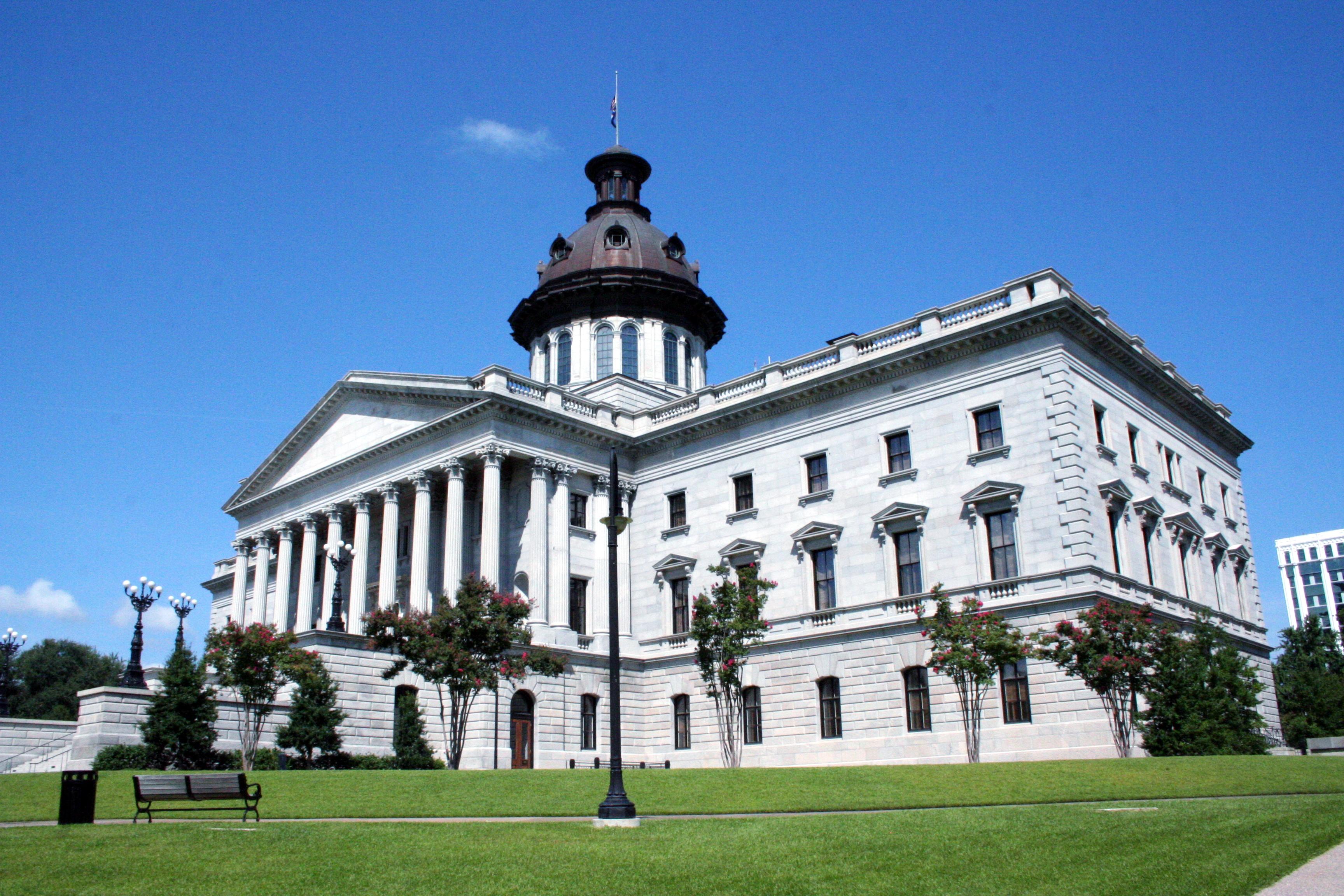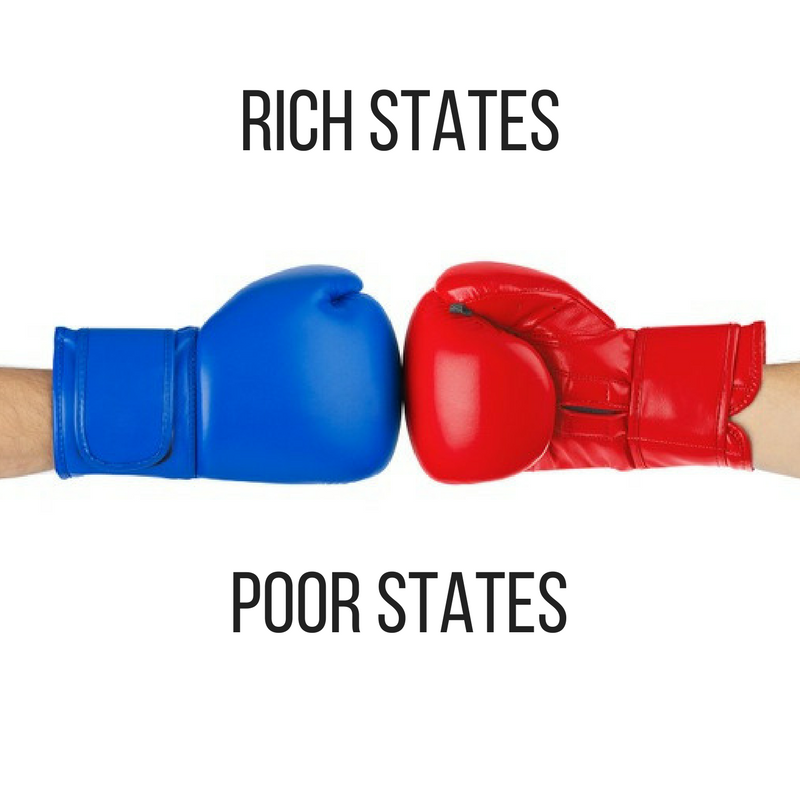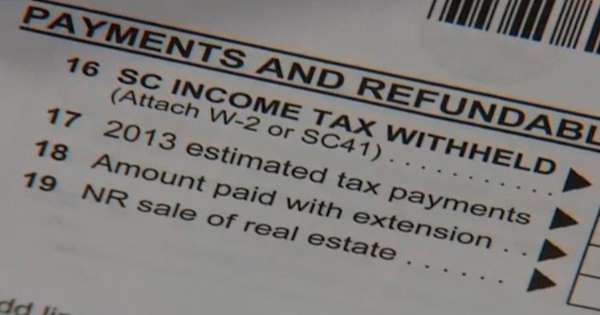The myth of low average taxes

With every new year comes a new round of rankings on every topic imaginable. Apparently tax policy is no different, and its ranking season has begun. Two new state rankings reports place South Carolina among the top finishers in states with the lowest tax rates. The first report, by 24/7 Wall Street, uses Tax Foundation







